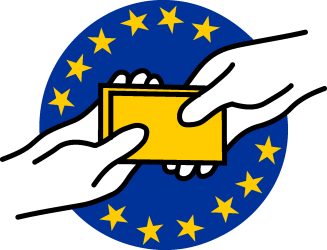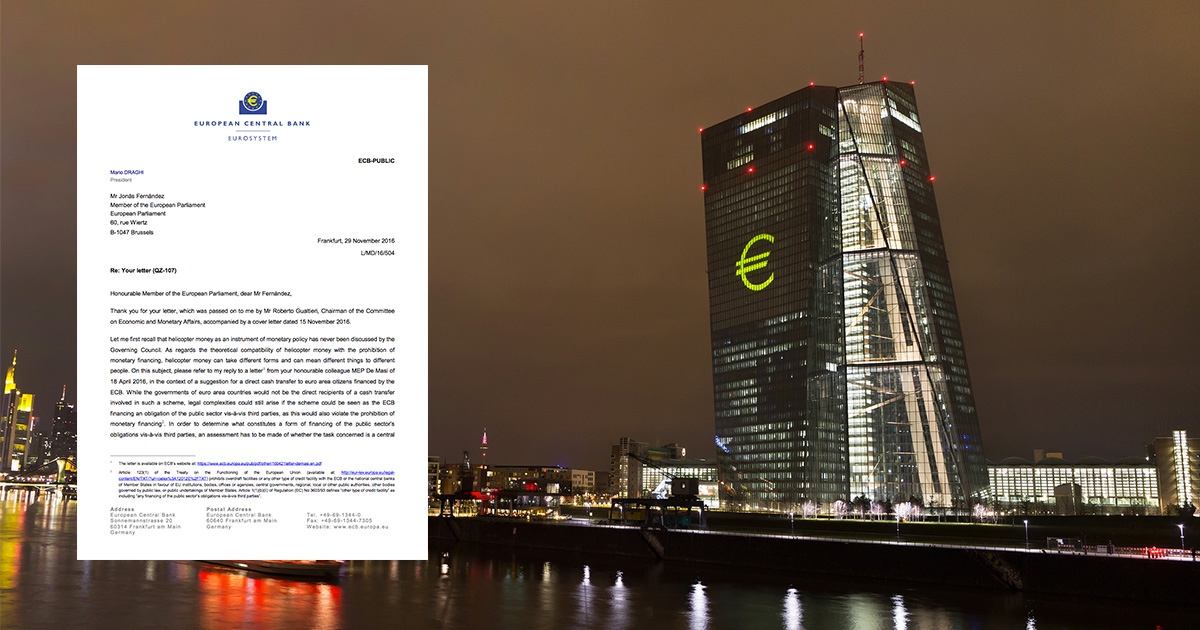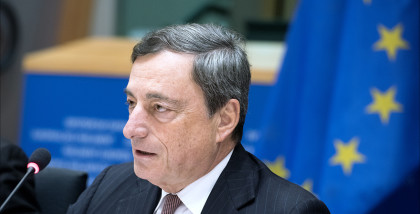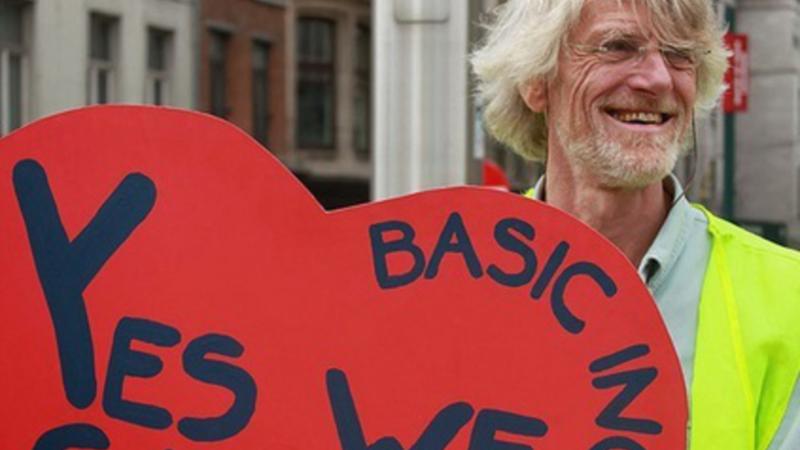Mario Draghi first discussed the notion of ‘helicopter money’ in March 2016, saying “it is an interesting concept.” Since then however, the head of the European Central Bank repeatedly stated that the idea that central banks could distribute money directly to citizens, was fraught with accounting-wise, technical and legal complexity.” However the ECB had declined at several occasion to specify in detail which were the foreseen legal obstacles.
In a letter dated 29 November to Spanish MEP Jonas Fernandez, the ECB finally provides clarifications. And our interpretation of the letter lead to the conclusion that those legal issues are very weak and solvable.
The QE for People campaign praises the ECB for finally providing this legal clarification. “By providing a detailed answer on this point, the ECB acknowledges its understanding of our proposal, which many economists say could bring significant benefits to the economy” said Stan Jourdan, QE for People campaign coordinator.
Helicopter money must be designed as monetary policy
Continue reading “ECB confirms ‘Helicopter Money’ is Legally Feasible under Conditions”









